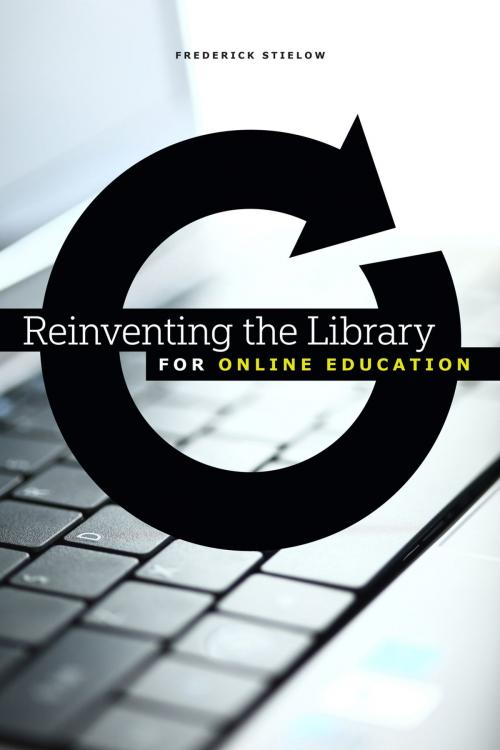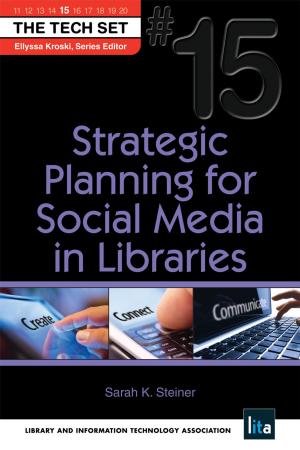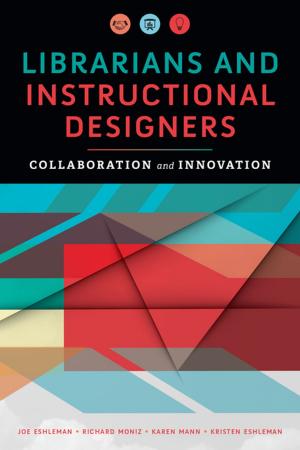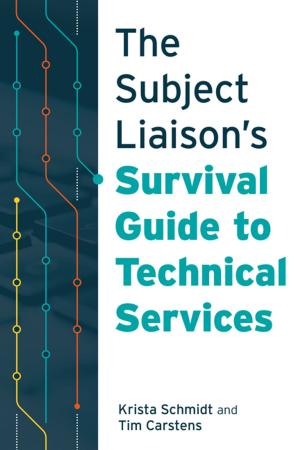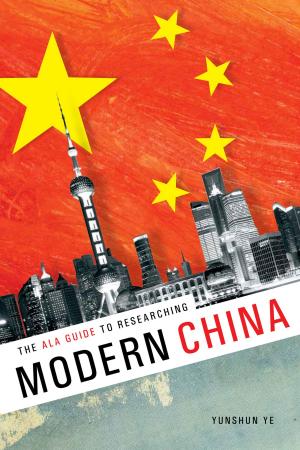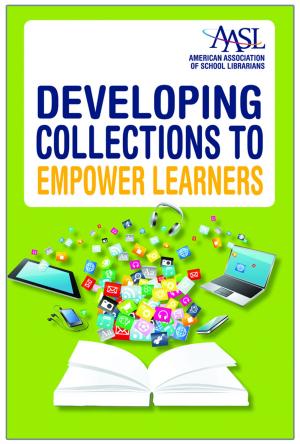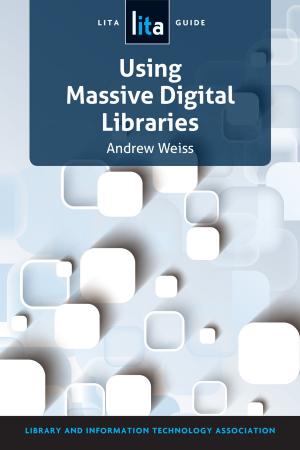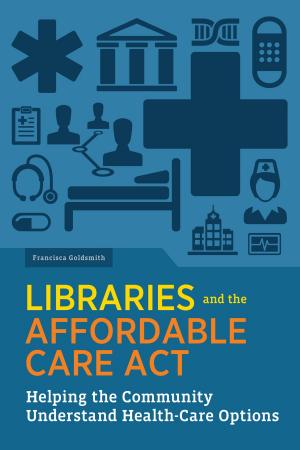Reinventing the Library for Online Education
Nonfiction, Reference & Language, Language Arts, Library & Information Services, Reference| Author: | Frederick Stielow | ISBN: | 9780838996973 |
| Publisher: | American Library Association | Publication: | January 1, 2014 |
| Imprint: | ALA Editions | Language: | English |
| Author: | Frederick Stielow |
| ISBN: | 9780838996973 |
| Publisher: | American Library Association |
| Publication: | January 1, 2014 |
| Imprint: | ALA Editions |
| Language: | English |
Have changes such as cloud computing, search engines, the Semantic Web, and mobile applications rendered such long-standing academic library services and functions as special collections, interlibrary loans, physical processing, and even library buildings unnecessary? Can the academic library effectively reconceive itself as a virtual institution? Stielow, who led the library program of the online university American Public University System, argues most emphatically that it can. His comprehensive look at web-based academic libraries synthesizes the changes wrought by the Web revolution into a visionary new model, grounded in history as well as personal experience. He demonstrates how existing functions like cataloging, circulation, collection development, reference, and serials management can be transformed by entrepreneurship, human face/electronic communicator relations, web apps, and other innovations. Online education can ensure that libraries remain strong information and knowledge hubs, and his timely book Shows how the origins and history of the academic library have laid the foundation for our current period of flux Identifies practices rooted in print-based storage to consider for elimination, and legacy services ready to be adapted to virtual operations Discusses tools and concepts libraries will embrace in a networked world, including new opportunities for library relevance in bookstore/textbook operations, compliance, library/archival/museum functions, e-publishing, and tutorial services Offers a thorough examination of the virtual library infrastructure crucial for an online learning program, with a special look at the particular needs and responsibilities of online librarians Looks at the evolving relationship between higher education and copyright, and posits how educational technology will bring further changes Bursting with stimulating ideas and wisdom gleaned from first-hand experience, Stielow’s book presents a model for offering outstanding higher education library services in an increasingly online environment.
Have changes such as cloud computing, search engines, the Semantic Web, and mobile applications rendered such long-standing academic library services and functions as special collections, interlibrary loans, physical processing, and even library buildings unnecessary? Can the academic library effectively reconceive itself as a virtual institution? Stielow, who led the library program of the online university American Public University System, argues most emphatically that it can. His comprehensive look at web-based academic libraries synthesizes the changes wrought by the Web revolution into a visionary new model, grounded in history as well as personal experience. He demonstrates how existing functions like cataloging, circulation, collection development, reference, and serials management can be transformed by entrepreneurship, human face/electronic communicator relations, web apps, and other innovations. Online education can ensure that libraries remain strong information and knowledge hubs, and his timely book Shows how the origins and history of the academic library have laid the foundation for our current period of flux Identifies practices rooted in print-based storage to consider for elimination, and legacy services ready to be adapted to virtual operations Discusses tools and concepts libraries will embrace in a networked world, including new opportunities for library relevance in bookstore/textbook operations, compliance, library/archival/museum functions, e-publishing, and tutorial services Offers a thorough examination of the virtual library infrastructure crucial for an online learning program, with a special look at the particular needs and responsibilities of online librarians Looks at the evolving relationship between higher education and copyright, and posits how educational technology will bring further changes Bursting with stimulating ideas and wisdom gleaned from first-hand experience, Stielow’s book presents a model for offering outstanding higher education library services in an increasingly online environment.
